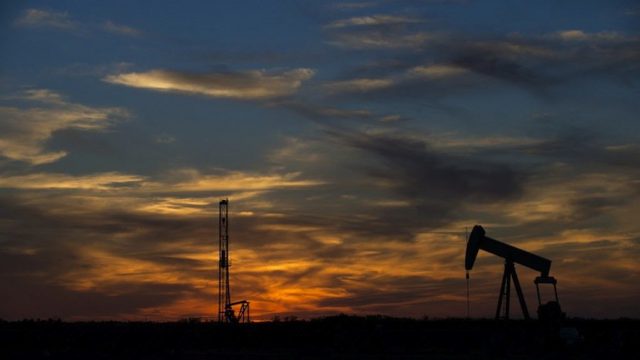Rob Lindberg: For The Sake Of Lower Gas Prices, Lift The Oil Export Ban

When it comes to what are likely the world’s two most precious commodities, the United States is the largest producer of one and the largest exporter of the other.
The production of each provides the economic base of rural North Dakota communities and for technical, manufacturing and engineering jobs within each of our larger communities. Yet one is limited in trade, while the other is shipped across the world.
Of course, these two commodities are energy and agricultural products. Both could be traded globally to the betterment of the American foreign policy and economy.
The America of today, especially its energy economy, is much different than the stagnant conditions of the 1970s, when the embargo was enacted. Pioneering techniques developed in north central Texas were replicated in North Dakota, Ohio and Texas shale formations to unlock vast reserves where before producers recognized oil and gas but lacked the tools to extract them.
Importantly, shale technologies continue to rapidly advance and promise to grow production from current shale oil formations, as well as open production in new formations in western America.
[mks_pullquote align=”right” width=”300″ size=”24″ bg_color=”#000000″ txt_color=”#ffffff”]Lifting the ban lowers world gasoline and diesel prices to the benefit of consumers, businesses and farmers.[/mks_pullquote]
However, America is not equipped to use the qualities of oil we now produce. Just as each crop is not the same, each formation produces different qualities of petroleum—and just as a food processor accepts a certain food product, each refinery is tooled to process a certain quality of petroleum.
Our refineries are tooled to accept the heavy oils that our country produced and imported for decades, not the light sweet crude produced by the shale formations.
Allies, however, could process our crude, eliciting a need to lift this outdated ban.
Lifting the ban lowers world gasoline and diesel prices to the benefit of consumers, businesses and farmers. This occurs because U.S. refineries already export gasoline and diesel. They buy oil at lower U.S. prices and sell gasoline and diesel at higher international prices, which are driven by world refinery costs that are in turn driven by the higher world oil price.
Admittedly, initially I doubted this idea. But by understanding these economic forces, we know that lifting the ban would lower world oil prices and refining costs, thereby lowering retail prices of gasoline and diesel.
Meanwhile, the export ban and restricted domestic refining capabilities have created lower crude prices for the Bakken and other shale formations. In North Dakota, the effect is especially pronounced—and, despite being one of the highest qualities of oil in the world, Bakken crude fetches $15 to $20 less than its worldwide competitors.
This significantly impairs the number of drilling rigs operating and hampers production in the Bakken, subsequently impacting the level of jobs and tax revenue in our state.
Most important, eliminating the ban would grow America’s petroleum production—and the larger America’s share of world energy production grows, the more stable world energy prices become.
When we produce more for ourselves and our allies, oil prices react less to international conflict.
In short, lifting the ban promises to benefit America for decades to come. What a wonderful opportunity we have found.




